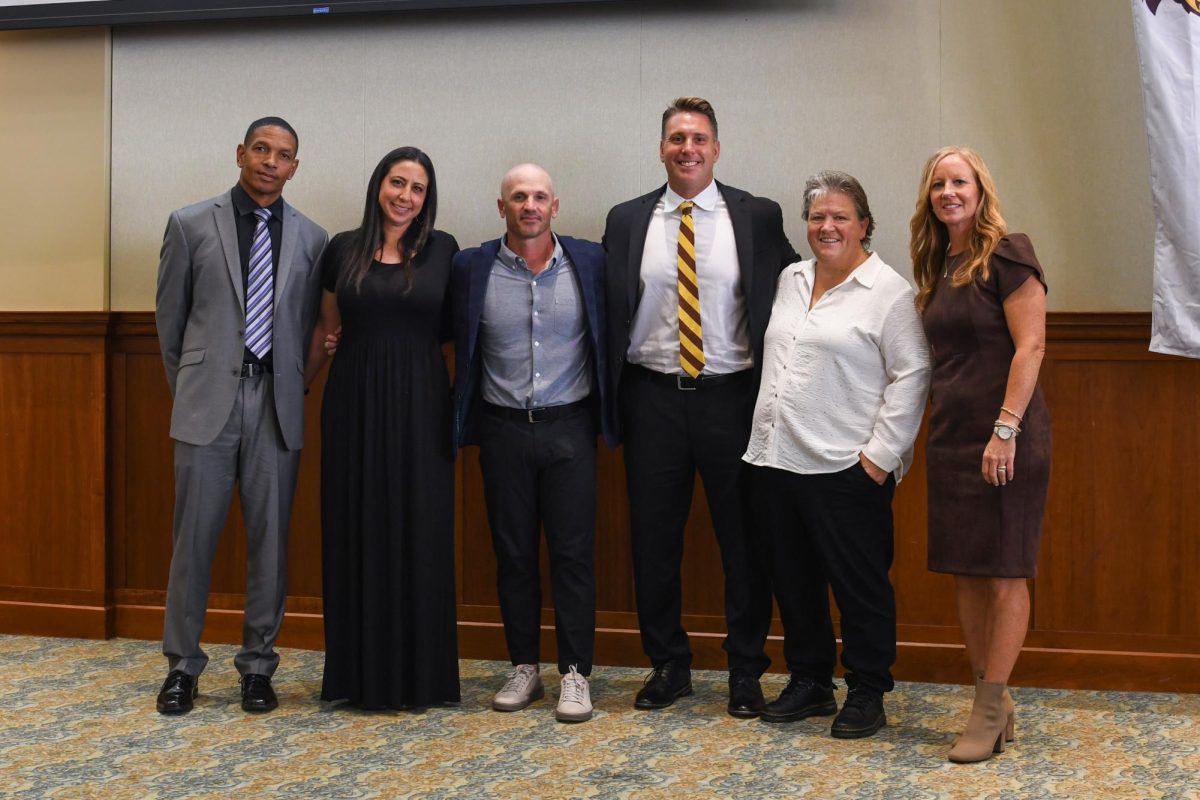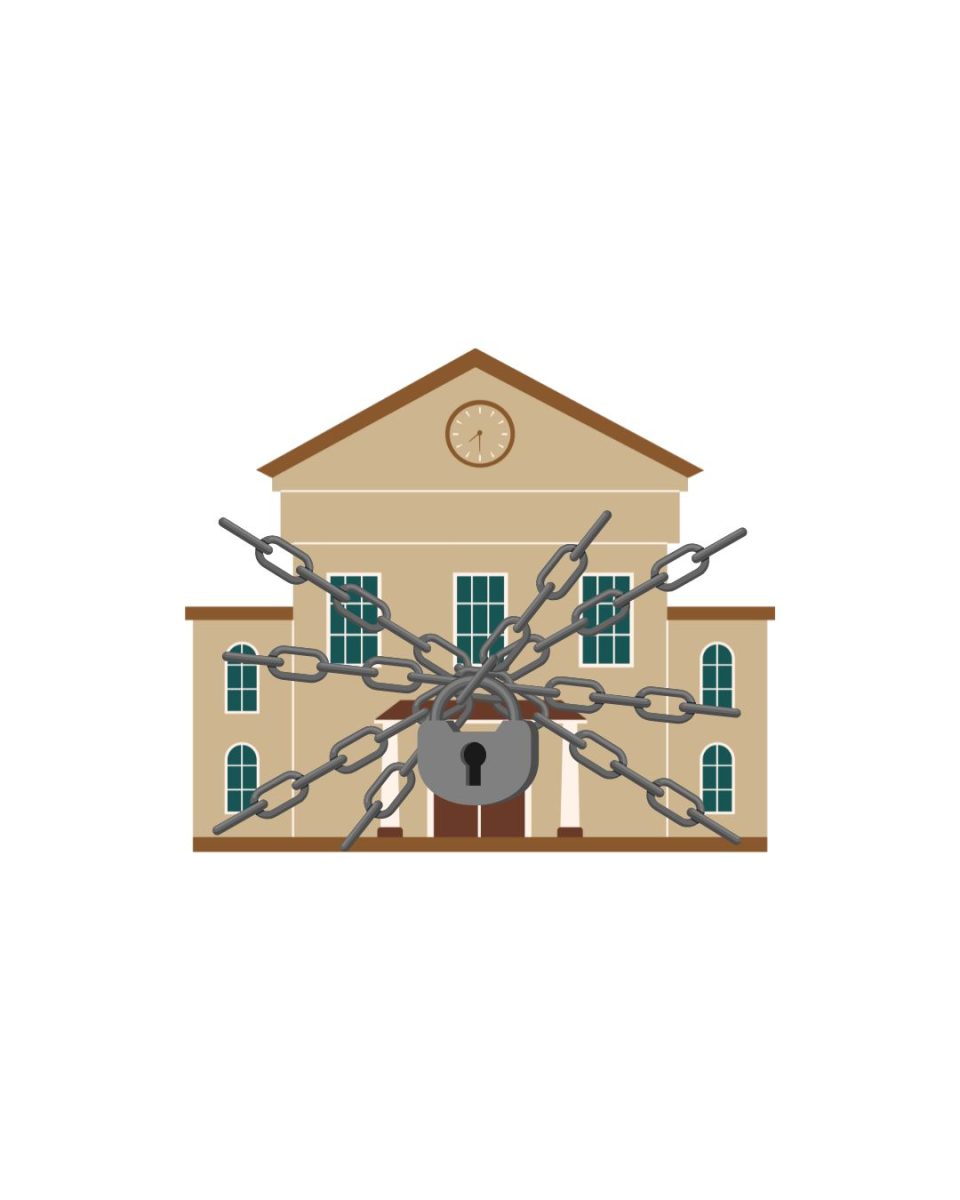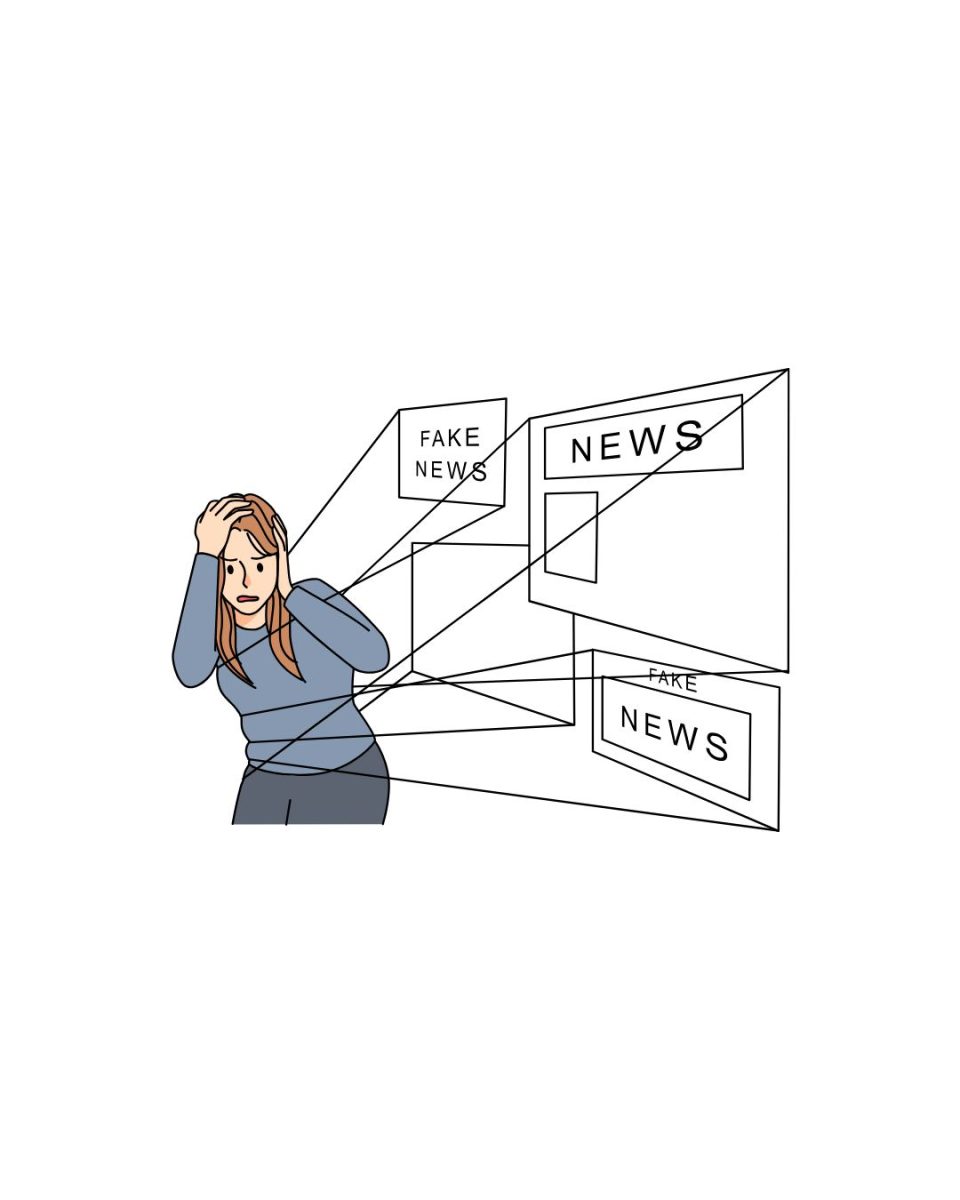The week of Sept. 3, 2019 saw someone’s first-ever class as a college student.
It saw someone else’s first-ever class as a college professor. Maybe for some parents, it saw their first-ever night spent without their child sleeping under the same roof as them. Maybe for other parents, it was their first-ever time leaving their child in daycare so that they can pursue a full-time college education.
It was someone’s first-ever time trying to find parking on a packed campus after a 1-hour commute. Someone met an LGBT person, or a Jewish person, or an undocumented immigrant for the first time.
Another sat down in a classroom and noticed that, for the first time ever, they were the only woman in a crowd of men. Someone took out a loan that they will likely have to repay over the course of their entire life. Someone else sought mental health counseling for the very first time in their lives, because for the very first time, mental health counseling was available to them.
No one said that any of this would be easy.
For the Whit, the week of Sept. 3 marked the current staff’s first time assembling the newspaper without the guidance of the previous staff who have now graduated.
Like any group of students starting something unfamiliar and with minimal outside guidance, the process is similar to watching a newborn giraffe try to walk: inexperienced, but definitely eager. All growing pains can be soothed with a balance of enthusiasm and humility.
But don’t get confused: the freshness of faces present in the newsroom isn’t an obstacle to overcome.
New voices ensure that the Whit stays ambitious and bold in reporting. Closer to Gen Z than millennial, this current crop of contributors is inquisitive above all else. They want to know not only what’s happening on campus, but also why these things happen. They want to take risks with the kind of content we produce. They want to know more about meal plans, housing, parking, identity and healthcare – those same topics which resonate with everyone who started something new this past week.
Relevant to readership and tenacious enough to follow through, the Whit’s new talent has all of the trademarks of effective journalists.
What does effective journalism entail? It begins with printing stories that the staff would want to read, not just write. It continues with asking questions that have often been asked by those on the receiving ends of
bureaucracy, but which have rarely been directed towards those in the
bureaucracy themselves. It concludes when those with less power can impartially hold those with more power accountable for their actions.
Any given detail related to a new academic year can be difficult. At the Whit, the goal is not to let those near-universal difficulties go unnoticed and unaddressed, but to open conversations about them. Hopefully, those conversations lead to decisions and actions by those with authority.
Last year, now-retired Whit Sports Editor Jaiden Campana covered an incident regarding unfair treatment of the women’s track team, and a potentially toxic culture among the Athletics Department. Since then, staff have been changed. Individuals have been removed, others held accountable.
The opposite of fascism is not any given ideology, but a newspaper.
The Whit is deepening our commitment to covering issues that students care about most. This means more investigative pieces, more curating of relevant content, and less complacency with the status-quo.
So, as each reader navigates a semester of new experiences, the Whit encourages you all to ask questions. Be curious. Demand answers. And feel free to get in contact with us, either by emailing an editor, by contacting us on social media, or by showing up at our office at 6 East High St. during our weekly Wednesday assembly meetings at 5 p.m.
No one said that trying something new would be easy. Rowan students confront and meet unfamiliar challenges every day. This academic year will be the one where someone will get their first-ever A in a science class, or their first-ever roommate, or their first-ever kiss. Everyone will grow in some way.
A college newspaper’s duty is to grow with its students, and meet challenges alongside them.
For comments/questions about this story, email [email protected] or tweet @TheWhitOnline




































































































































































































